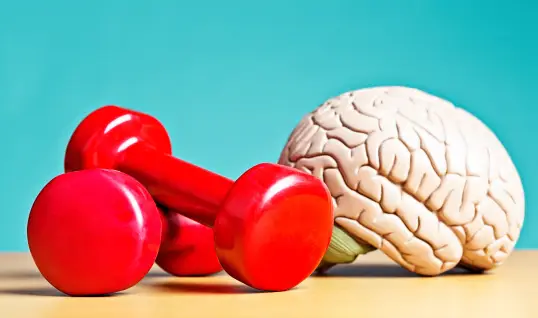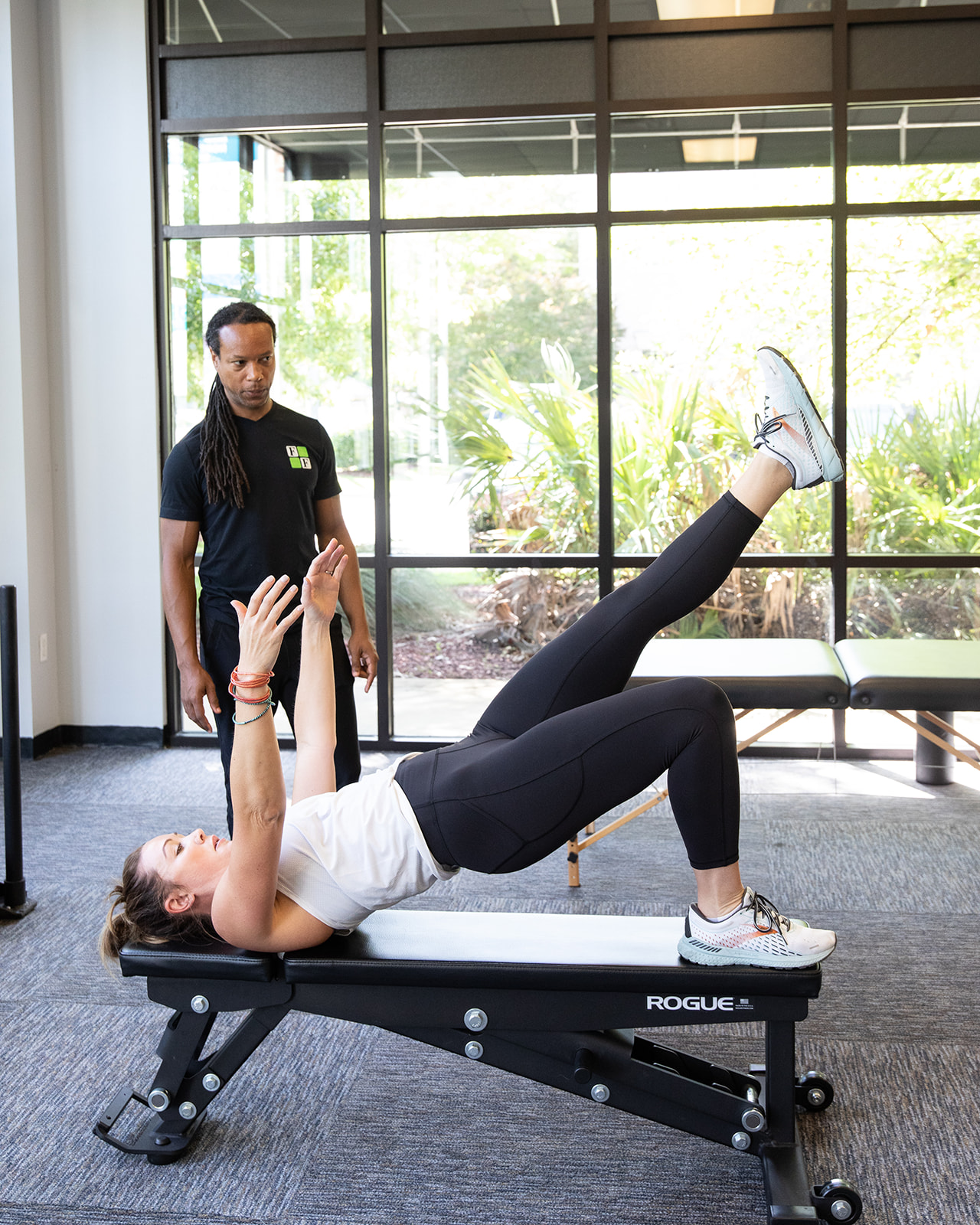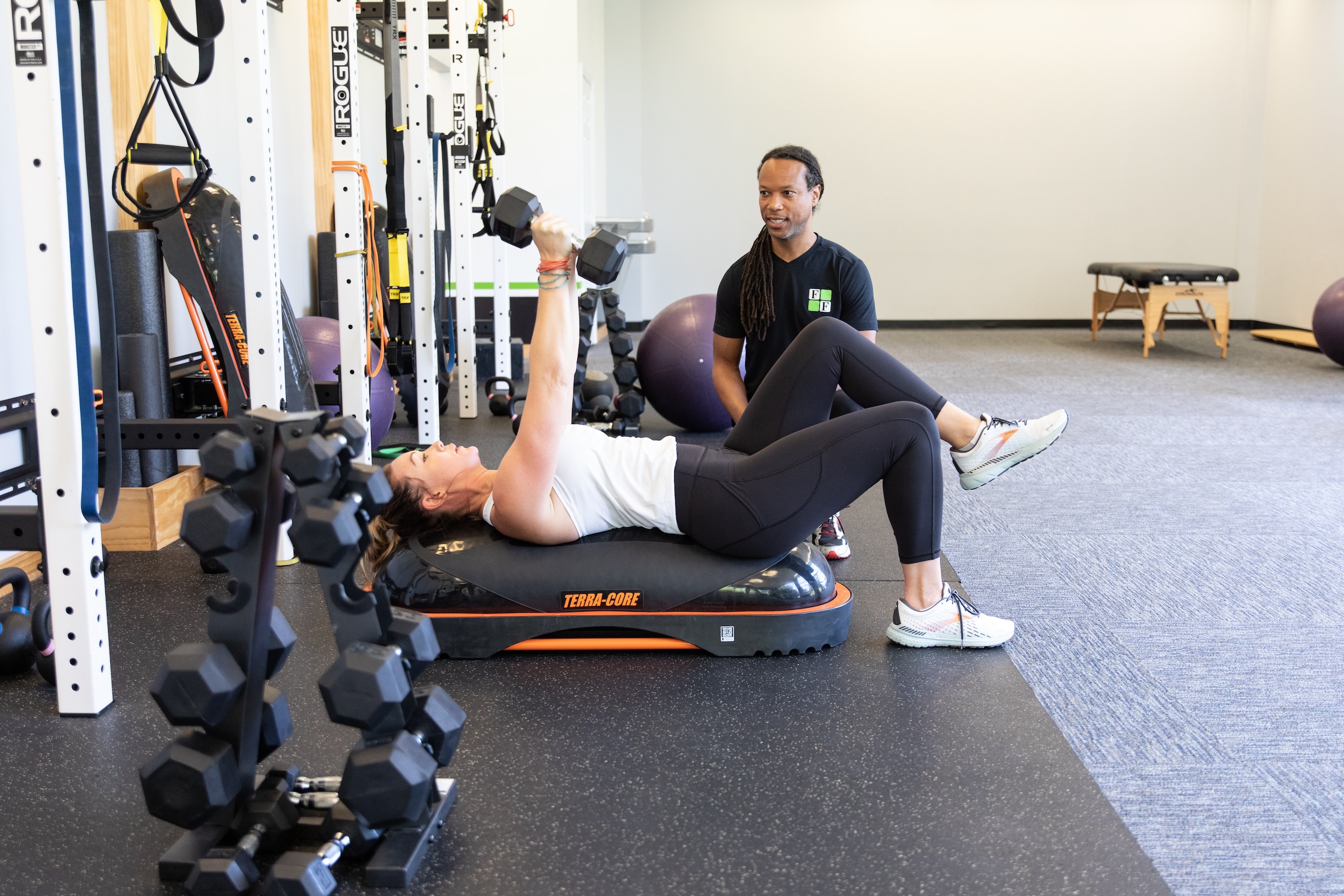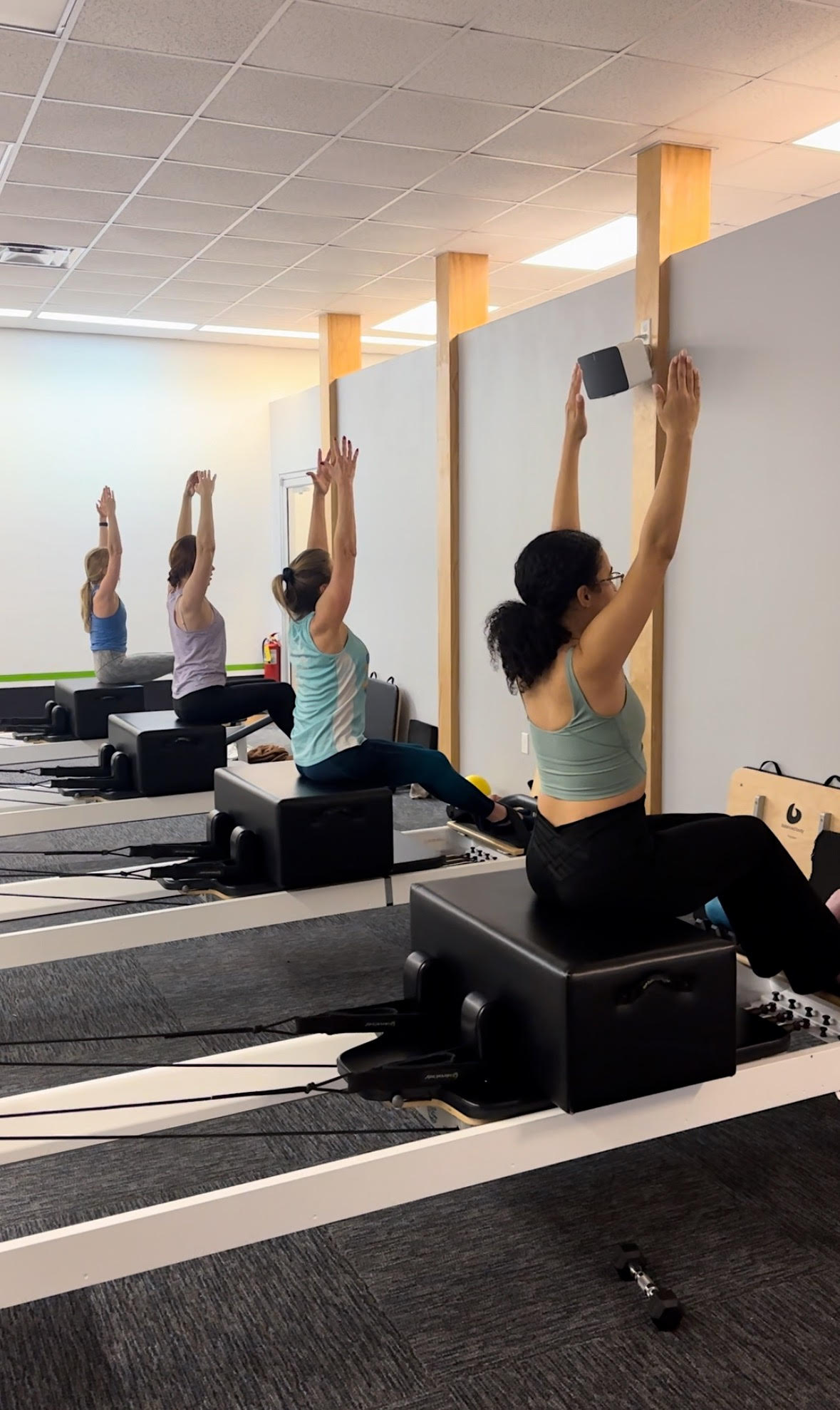January 24, 2024
Exercise can help my brain!?
Exercise has numerous benefits for the body, but did you know that it can also enhance cognitive function? Regular physical activity has been shown to improve brain health and enhance cognitive abilities.
Here’s how exercise can positively impact cognitive function:
- 1
Increased blood flow to the brain: When you exercise, your heart rate increases, leading to improved blood flow throughout your body, including your brain. This increased blood flow delivers more oxygen and nutrients to the brain, promoting better brain function.
- 2
Neurogenesis: Exercise has been found to stimulate the production of new neurons in the brain, a process known as neurogenesis. This can help improve memory, learning, and overall cognitive function.
- 3
Brain-derived neurotrophic factor (BDNF): Exercise has been shown to increase the production of BDNF, a protein that supports the growth and maintenance of neurons. Higher levels of BDNF are associated with improved cognitive function, including enhanced memory and learning.
- 4
Reduced inflammation and oxidative stress: Regular exercise has been shown to reduce inflammation and oxidative stress in the body, including the brain. These two factors can contribute to cognitive decline and may play a role in neurodegenerative diseases like Alzheimer’s. By reducing inflammation and oxidative stress, exercise helps to preserve brain health and function.
- 5
Enhanced mood and reduced stress: Exercise has been proven to boost endorphin levels and improve mood. When you’re in a positive mental state, you’re better able to focus, concentrate, and perform cognitive tasks more effectively.
- 6
Improved sleep: Exercise has a positive impact on sleep quality, helping you get the restorative sleep needed for optimal cognitive function. Adequate sleep plays a crucial role in memory consolidation, learning, and overall cognitive performance.

To enhance your cognitive function with exercise, aim for at least 150 minutes of moderate-intensity aerobic exercise or 75 minutes of vigorous-intensity aerobic exercise each week. Incorporate activities that challenge your mind, such as dancing, playing tennis, or learning a new skill.
Remember to consult with your healthcare provider before starting any new exercise routine, especially if you have any underlying medical conditions.
Share
by Kimberly Jenkins
Share
Many of us know and understand the importance of physical therapy. But what isn't as common of knowledge is that it is important to be completely ready before [...]
Have you been working out for months, or even years, without seeing the amount of progress or change you had hoped for? This is a common issue a [...]
What is Pilates and why should you try it? The benefits of Pilates are: Increased Strength & Flexibility: Pilates creates a mind-body connection working multiple muscles throughout the entire body [...]




